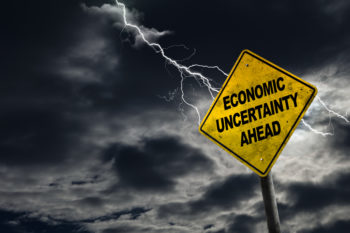 A strong trend change in investing has developed over the past few years. Particularly after 2008, many folks have given up on private investing for growing their long-term wealth. This latest correction of both debt and equity markets obviously will not help.
A strong trend change in investing has developed over the past few years. Particularly after 2008, many folks have given up on private investing for growing their long-term wealth. This latest correction of both debt and equity markets obviously will not help.
In the Midwest, we do not even like the term wealth. A person may have become a multi-millionaire, but he or she does not feel wealthy. The Millionaire Next Door by Dr. Thomas Stanley explains the phenomenon of the average successful US person or family.
We all have the opportunity to be financially successful, but our life choices can make it very difficult to achieve. If a young person does his best to get as well educated as possible for what he is well suited, does not have children before getting married, then gets married and is able to stay married for a long time, that success is easier.
Another means of making it much easier is to always save some money for the inevitable rainy day. Both in an emergency fund and for long term growth. The problem arises currently because we have not apparently taught our children well about risk and reward as it is found in financial markets. The Millennials are saving money but not investing.
I want to encourage you and everyone you know by this following information. If you heard someone talking about the stock market in the Great Depression, you probably heard an anecdote about your great uncle Bob. How much did he lose? He lost it all! If he was stupid, as many apparently were, and borrowed money to get rich quick—everyone was doing it—then he probably did lose it all.
However, what is true about the 1930’s is that you could make money on an investment like the Dow Jones 30 industrial companies by either dollar cost averaging or tactical investing. Your 401k contributions are the classic example of dollar cost averaging. Keep putting in every month and in a decade or two or three, you will be rich (at least compared to 90 percent of the world’s population).
Despite some strong periods of uptrend, from September 1, 1929 to June 30, 1932, the Dow lost roughly 88 percent of its value. That is horrible! But from July 1, 1932 to February 26, 1937, it grew in value by about 350 percent. You never hear about that, do you?
If you do not take advantage of the reasonable risks and rewards of our American and now world economy, please do not complain about not having enough money in your old age. It will be here sooner than you imagine.
